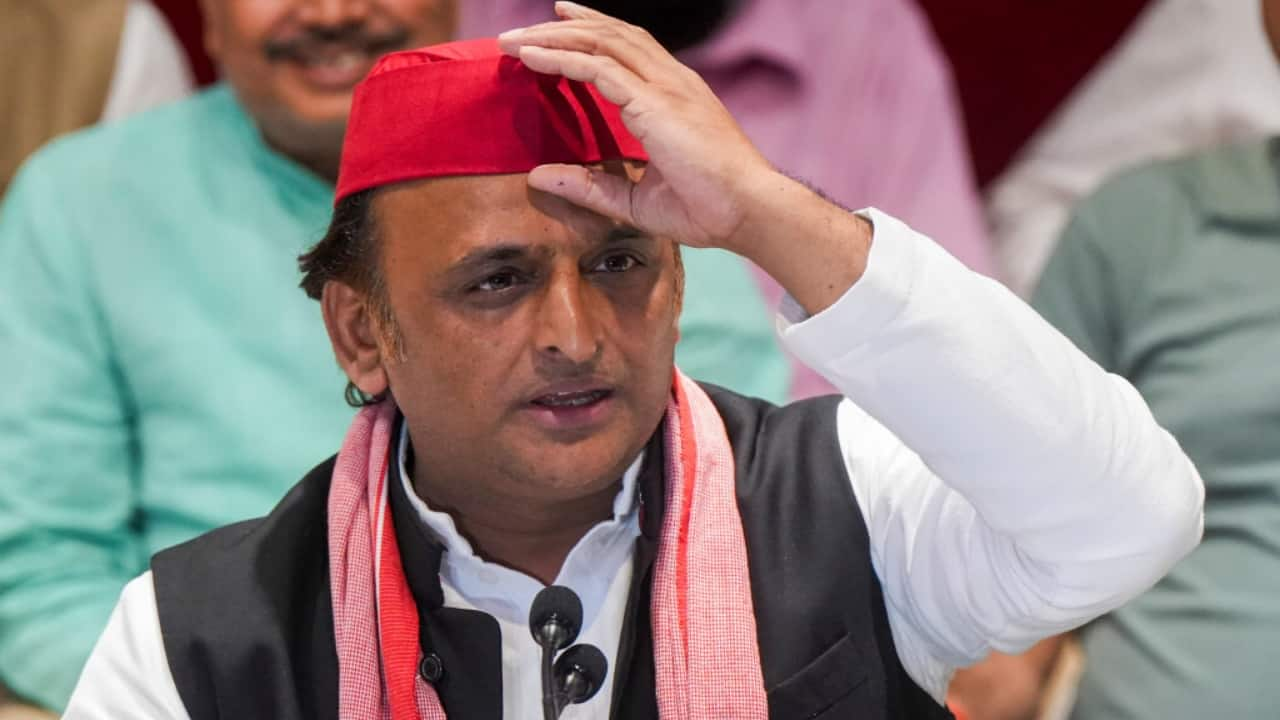THE true cost of an iPhone “made in the USA” has been revealed.It comes as Donald Trump revealed he thinks the Apple product can be manufactured and shipped from the States.SplashTrumps proposed tariffs would see hefty costs slapped on all imported parts[/caption]AFPCustomers could see a 25 per cent price hike on the $1,199 iPhone 16 Pro, said one expert[/caption]White House officials this week defended the “reciprocal tariffs” that saw the American tech giant charter flights to get as many as 1.
5 million phones to the US, sources said.Although nothing has been confirmed and Apple CEO Tim Cook is yet to speak out, experts don’t appear to have high hopes. Analysts have predicted, at best, an iPhone made in the USA would be extremely expensive.

Bank of America Securities analyst Wamsi Mohan said customers could see a 25 per cent price hike on the $1,199 iPhone 16 Pro.This would mean the tech could set shoppers back a hefty $1,500.Meanwhile Dan Ives, from Wedbush, reckoned the real figure could soar to as much as $3,500.
According to Mohan of Bank of America Securities, the cost of an American made iPhone 16 Pro Max could even rise by 91 per cent due to the tariffs on parts that would need to be imported from different countries.“While it may be possible to move final assembly to the U.S.
, moving the entire iPhone supply chain would be a much bigger undertaking and would likely take many years, if even possible,” Mohan said.The expert also theorized Apple would need to fork out an eye-watering $30billion over three years to transfer just 10 per cent of its supply chain to the States.At present, the tech giant sees more than 80 per cent of its products manufactured in China.
When Trumps tariffs came into effect, these items are now subject to a 145 per cent tax as they are shipped into America.This has led researchers to doubt whether it could be a real possibility to see iPhones made in the US.The logistics of sourcing a work force large enough, combined with the taxes on importing parts makes it unlikely, according to analysts.
Needham’s Laura Martin told CNBC this week: “I don’t think that’s a thing.”Meanwhile, the research director at Counterpoint Research, Jeff Fieldhack dubbed the idea a “pie in the sky”.Foxconn is Apple’s biggest supplier and their workforce usually live near their factories seasonally due to the high demand.
The meticulous, but controversial, operations see more than 200 million iPhones on production belts each year.The contractor have up to 50,000 employees at their biggest base in Henan.However, the cost of paying a workforce is a lot less in China, than in America due to a disparity in wages.
While research shows it is around $200 in labour costs per iPhone in the States, it is only around $40 in China.And the Apple CEO himself stated in 2017 that Americans don’t possess the right skills for production, for example qualified tooling engineers. The same year, Trump revealed Foxconn poured a whopping $10billion into a factory in Wisconsin.
However, Apple was never actually officially connected with that plant and it only ever made facemasks during the Pandemic.It offered 1,454 new jobs after promising closer to 13,000 and is now not operational. But Wall Street experts predict Apple could start to manufacture some less popular items in the meantime.
Morgan Stanley analyst Erik Woodring wrote: “Given we now know that the Trump administration is willing to negotiate, we wouldn’t be surprised to see Apple commit to some small-volume production in the US (HomePod? AirTags?), similar to its September 2019 commitment to manufacture the new Mac Pro in Austin, TX, to try and win an exemption.”This comes as Apple arranged manic last minute flights to get 600 tons of iPhones to the United States from India to get ahead of Donald Trump’s tariffs.The American tech giant “wanted to beat the tariff” so it chartered flights to get as many as 1.
5 million phones to the US after ramping up production, sources said.Apple lobbied Indian airport authorities to slash time in customs at Chennai airport in south India down from 30 hours to just six, Reuters reports.A source said this “green corridor” approach takes after a model Apple uses at some Chinese airports.
Six cargo jets with a capacity of 100 tones have flown out since March, the source and an Indian government official said.An iPhone 14 and its charging cable in packaging weighs around 350 grams, based on Reuters measurements, which suggests the ferried cargo could include up to 1.5 million iPhones.
Businesses around the world have raced to respond to Donald Trump’s bruising tariffs that were unveiled last week.The American president has ramped up tariffs on China to 125%, up from 54% previously.While Trump has since put a 90 day pause on most tariffs, he has still left a 10% default tariff for most countries in place while dialling them up on China.
India is poised to play a key role as Apple looks to diversify its manufacturing outside of China..















